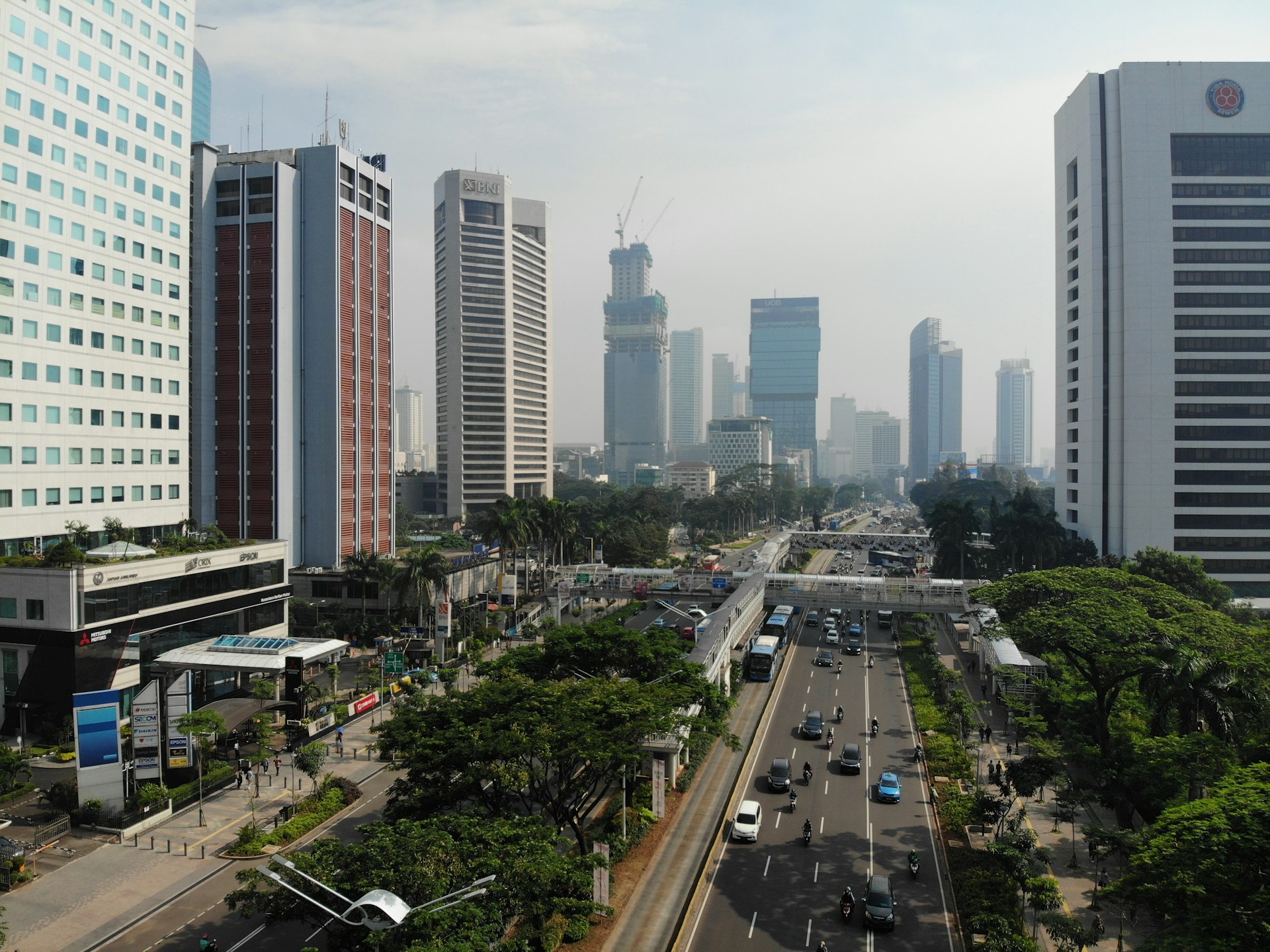Indonesia’s economy grew at an annual rate of 4.9 percent in the first quarter of 2025 despite global headwinds.
Key macroeconomic policies—including low inflation, sufficient financial buffers, and strict fiscal rules—have helped the country manage lower government consumption and slower investment.
Economic growth has benefited the poorest groups, though consumption growth for aspiring middle-class households has slowed, underscoring the need for better jobs to sustain middle-class living standards.
Carolyn Turk, World Bank Division Director for Indonesia and Timor-Leste, stated, “Indonesia’s current economic performance reflects its strong fundamentals and sound policy response”.
She added that efficiency- and productivity-boosting structural reforms are important to unlock higher growth, reverse declining productivity, and create better jobs.
Investment Expected to Rise with Housing and Sovereign Wealth Fund Initiatives
The June 2025 Indonesia Economic Prospects report projects an average annual economic growth of 4.8 percent from 2025 to 2027.
Investment is expected to increase, driven by the government’s housing initiative and the launch of the sovereign wealth fund, Danantara.
However, the outlook faces risks from global trade challenges and commodity price volatility.
The government aims to address these through deregulation, improving the business environment, and implementing trade and digital reforms. These efforts could raise growth to 5.5 percent annually by 2027.
Housing Sector Reform as a Driver of Jobs and Inclusive Growth
The government’s housing program, aligned with its “people-first” strategy, targets delivering 3 million housing units per year.
With US$3.8 billion in annual public investment, the program could generate over 2.3 million jobs and attract US$2.8 billion in private capital while improving living conditions and economic opportunities.
The report recommends expanding housing and infrastructure investments, reforming public housing finance to mobilize private capital, integrating disaster resilience into housing policy, and strengthening governance and coordination across government levels.
Habib Rab, Lead Economist at the World Bank in Indonesia, said, “Indonesia’s housing program is not only about building homes, it’s also about building a stronger, more inclusive economy”.
PHOTO: UNSPLASH
This article was created with AI assistance.
Read More






 Friday, 27-02-26
Friday, 27-02-26







